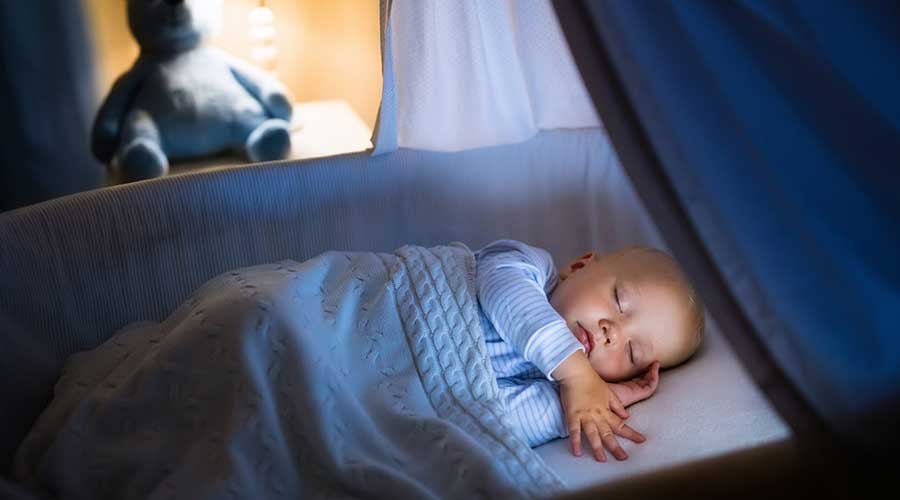SCHOOL-RELATED ANXIETY: IT'S NOT ALL IN YOUR HEAD
- 13 Apr - 19 Apr, 2024
Everyone appears to have an opinion about what would be best for you and your child when you have a child. Yes, you will start receiving a ton of unsolicited advice the instant you announce your new arrival. But a lot of yesterday's "knowledge" turned out to be false. Read on for 10 outdated pieces of parenting advice.

Infants only need a bath every two to three days (unless there has been a massive nappy explosion! ), as they don't get as stinking from sweat as adults do. A daily bath is fine if it's a part of your wind-down regimen; just moisturise afterward.
While some kids genuinely do have trouble falling asleep, most manage just fine with some light and background noise. Also, if your child becomes accustomed to activities while sleeping, they can be more inclined to nap in a variety of circumstances.
It's a myth that your youngster will get bowlegged by standing or bouncing on you. Allowing your child to stand or bounce is enjoyable for them as well as developmentally stimulating because small babies are still learning how to support their weight on their legs and determine their centre of gravity.
Having a newborn listen to music can enhance their lives, but no clear studies have shown that this can significantly improve their brain development.
Infants under 4 months old have few self-soothing techniques; they can suck to calm down and enjoy being wrapped in a blanket, but that's about it. As babies cry, picking them up teaches them that their parents are always there to care for them.
It's acceptable to leave a baby in a wet diaper overnight because modern diapers are so extremely absorbent. But, you should change your baby's diaper if their poopy diaper seems to be bothering them.
Baby should always sleep on their backs to ensure their safety. In the past, doctors were concerned that newborns who weren't resting on their tummies or sides may choke on any spit-up, but studies eventually connected these positions to a higher risk of SIDS.
Do not start food until 4 to 6 months of age. Early solid food introduction has been linked to obesity later in life, and studies have found that solid food-fed newborns actually sleep worse than their formula-fed counterparts. This is according to research.
Parents often think a baby is constipated when they're not, says Andrew Adesman, M.D., chief of developmental and behavioral pediatrics at Schneider Children's Hospital in New York. Newborns often have several bowel movements a day, but they may poop as little as every three to four days at about 2 months to 3 months of age, he says. If bowel movements are very hard and infrequent, or you see blood in the diaper, however, call your pediatrician.
The fontanel, or soft spot, at the front of your baby's head is a skin-covered opening in the skull that pulsates, frightening some parents. "There's a presumption of vulnerability, but the brain is actually quite well protected," says Dr. Adesman. The front fontanel typically closes at about 1 year of age, while the smaller soft spot in the back of the head usually closes at 2 months to 3 months.
COMMENTS